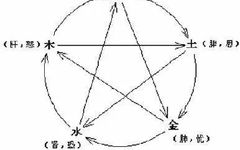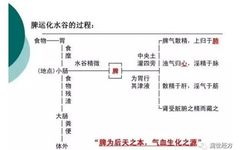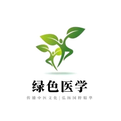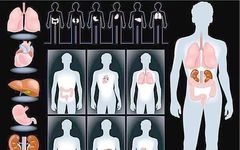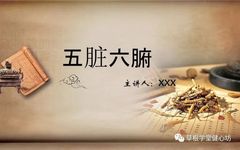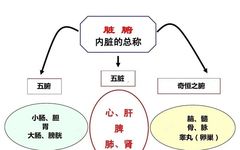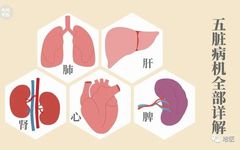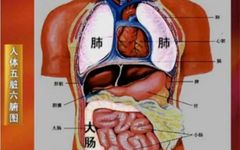Overview of the Five Organs and Six Bowels in Traditional Chinese Medicine
Traditional Chinese Medicine categorizes the important internal organs of the human body into two main types: the “Zang” (organs) and “Fu” (bowels). The theory regarding these organs is known as the “Zangxiang” (藏象) theory. “Zang” refers to the internal organs that are hidden within, while “xiang” refers to manifestations or images. This means that although … Read more

